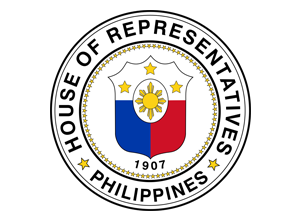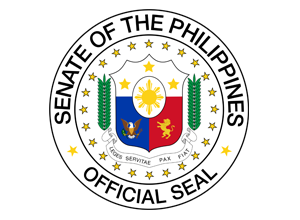Universalis Perspectives: Youth vote and politics – bridging expectations and realities
The lack of interest among Filipino millennials and Gen Zs to participate in legitimate political processes that are vital to the future of the nation is worrying. It is indeed a gigantic burden for the government; however, this is a challenge that provides opportunity for the field of strategic communications. To address this issue, one must understand the context where the Filipino youth is currently located. Unfortunately, for some experts, our understanding and stereotypes of the Filipino youth – in particular with millennials – are narratives that fail to fully encapsulate the whole generational picture.
Renowned Filipino sociologist Jayeel Cornelio challenged the description of millennials as simply being those persons belonging to a specific age bracket. For him, such arbitrary category fails to account the collective historical experience of every generation. In his view, the millennial category usually employed in the West is inapplicable to the Philippine context because of the Filipino youth’s varying socioeconomic contexts and situations; thus, leading the discussion to the disparity in terms of privilege and access to socioeconomic opportunities. In addition, he also disagreed with the perception that millennials are ambitious, entitled, lazy, and self-seeking. For Cornelio, this generation is in a constant search for meaning. From this premise, it can be deduced that the youth’s disillusionment to civic engagement is related to their failure to find meaning and relevance in the traditional modes of legitimate political participation.
Addressing this challenge, communication experts and analysts should ask: How should we understand the youth’s view towards politics? What are their preferences, priorities, and values in selecting a political leader? Are these generational attitudes towards politics generalizable? Or do these attitudes vary based on social classes, gender, ethnicity, religion, educational attainment, etc.? Which methods and strategies are appropriate to engage the voting youth cluster?
Some quantitative studies are helpful in identifying these trends. For example, a 2017 statistical study fleshed out political preferences of 900 millennial votes who participated in the 2016 national elections. Based on the study, the following are the top considerations of Filipino millennials in choosing their presidential pick, namely, as arranged in decreasing order, (1) political/government experience, (2) educational attainment, (3) personality, (4) priority/platform, and (5) profession/occupation. However, while these trends are helpful in developing communication strategies, communication experts and analysts should not be satisfied, but must continue to critically evaluate the reason behind such trends.
In Arguelles’ research about the political apathy of Filipino millennials, he insisted that millennial political participation is not totally indifferent. Instead, the generation resorted to a so-called “personal orientation in politics” which is anchored on every individual’s everyday activity instead of being present in collective and radical expression of political participation such as protests, rallies, demonstrations, and the like. Citing the study of Stolle & Hughe, the personal and individualistic practice of millennial politics is manifested in their presence in various non-institutionalized political spaces such as volunteer work, advocacies in digital space, and their public expression on issues related to gender, environment, labor and human rights. In addition, for Arguelles, the millennial choice of political activity is grounded on “three historical tragedies” that continuously scourge the youth sector, namely, (1) worsening economic conditions in terms of employment opportunities, job security, workers’ rights and income inequalities; (2) belongingness to a home where parents are distant from their children; and, (3) continued dominance of political elite in Philippine politics. These conditions shaped millennials’ attitudes such as (a) frustration and disillusionment towards official political activities and events, (b) distaste towards organizations with vertical authority arrangements, (c) preference for social movements that practice flexible, horizontal forms of leadership and coordination, and (d) participation in digital political action.
Banking on these premises outlined by the scholarly literature, the challenge of engaging the voting youth sector is an exciting opportunity for communication strategists, particularly on devising specific ways to engage this age group and link their internalized personalist political orientation to collective, institutional channels prescribed by law. While opportunists may easily suggest to disregard the millennial share in the voting pie, it is a moral obligation and duty of those who manage political and government campaigns to reach out and activate the untapped potential of the youth group. As this generation serves as the next in line that will steer the future of the country, their participation in political processes is as crucial as Plato’s timeless warning, “One of the penalties for refusing to participate in politics is that you end up being governed by your inferiors”.
Pages: 1 2


